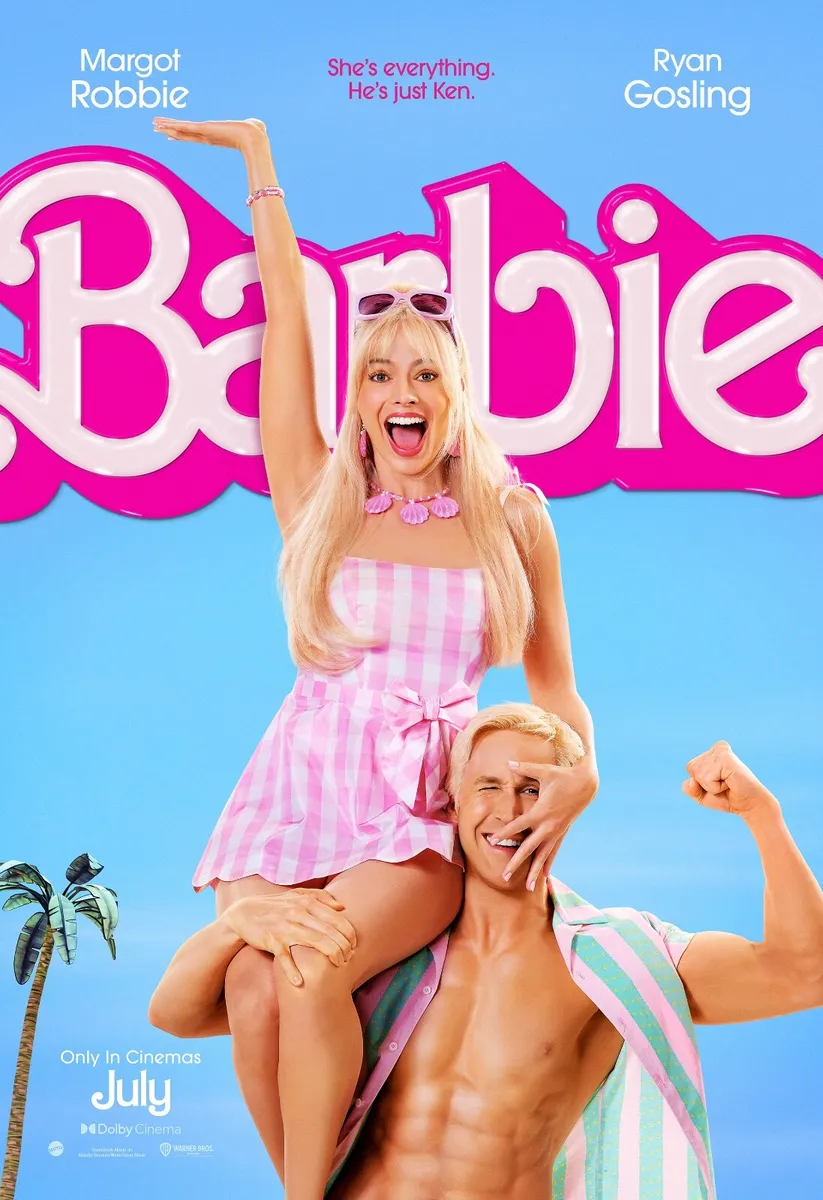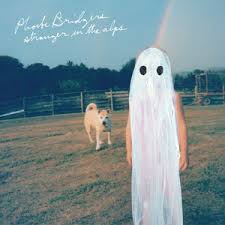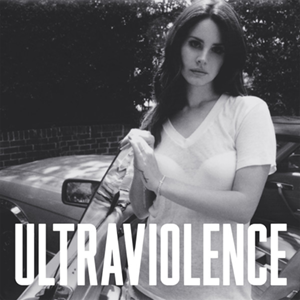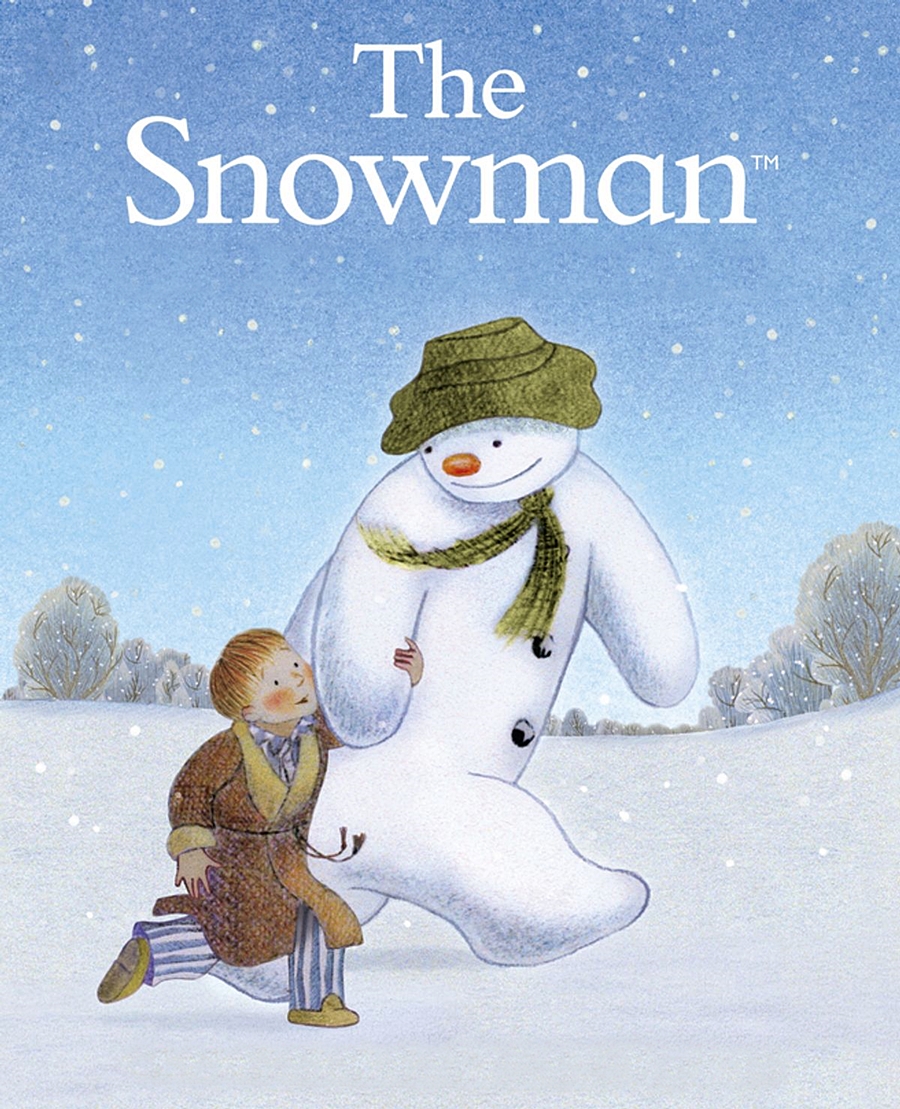Barbie was one of the most highly anticipated films of the summer. Once it premiered on July 21st, people were eager to see Greta Gerwig’s live-action twist on Barbie, a doll that’s been popular since its debut in 1959.
Throughout the years, Barbie has been controversial. Some love her for being iconic and a good example to young girls—a woman who is comfortable with her femininity and dresses in pink because she likes it, all while being successful and independent, through multiple careers and her own dreamhouse. Others argue she is a harmful role model who promotes unattainable (and specifically European/White) beauty standards, shallow ideas about women, and an oversexualized body.
The director, Greta Gerwig, and the writers for Barbie approach these controversies head on. It’s purposefully sarcastic and shows that Barbie is not a real woman, and that some things in Barbie Land are ridiculous and impractical. Two scenes in particular capture the varying opinions on Barbie in society. The first is when Barbie goes to a high school and a teenage girl calls her a bimbo. Barbie responds, “Barbie is a doctor, and a lawyer, and a senator and a Nobel prize winner,” not understanding how someone couldn’t like her when she has done so many things for women. She never considered that someone could perceive her in such a negative way. Another important scene is when she meets the female creator of Barbie, Ruth Handler, for the first time. She is running away from the Mattel corporate executives and finds the yellow kitchen inhabiting Ruth’s spirit. They have a conversation and Ruth reminds her why Barbie is important and why she was created in the first place.
As I was thinking about the Barbie movie, I wanted to reach out and ask other people their opinions on it. I asked a few main questions. Everyone I interviewed seemed to have similar opinions but ideas varied about the main takeaway. The first question I asked was, “Why do you think the Barbie movie meant a lot to people?” The first person I interviewed (who would prefer to remain anonymous) said, “It meant a lot to some people because patriarchy is a huge issue and women have experienced what it’s like to feel lesser than men.” The next interviewee, Grace, said, “Lots of movies try to incorporate female empowerment, but this movie had it at its core. Instead of being a side story, [feminism] was the main plot. I think people thought Barbie was going to be a fun, girly, sprinkle-coated movie, but when people saw it, it was actually really deep and about what it means to be a woman, and the meaning of life.” When I asked Grace how she felt after watching the movie, she said that it had felt weird because, “There was this amazing happy movie and then it went into the meaning of life, and I wasn’t expecting that, but I loved it.”
My next question was, “How do you think the Barbie movie was supposed to be interpreted, and how do you think people could have misunderstood its intention?” Cora, a freshman, said, “I think that it was attacking patriarchy itself, and some men saw that as an attack on men.” I thought this was a good point, and I personally think the reason this could have been lost in translation is the way the writers poked fun at some of the things men do, like wearing ridiculous fur coats, playing guitar “at women”, and liking horses.
I also asked, “What did you think about Ken’s transformation, and how he was portrayed as an alpha male?” Grace just laughed and said, “Personally, I loved it because it was a fun twist from what we thought Ken was gonna be. He was just acting like such a ‘guy’ that it was funny. I thought it was cool that he had his own side story about self-discovery, however misguided. I’m sad that he never got to ride a horse [in the movie].”
I received another horse-themed response when I asked an anonymous interviewee if they sympathized with Ken at any point throughout the movie. They said, “I did when he was accused of being a bad guy when he didn’t really have that much information in the first place. He was just trying to live out his horse girl phase, and everyone was low-key judging him for it, and they’re going ‘no-no patriarchy is bad’ and he was just trying to be a horse girl.” Take this how you will.
Another question I asked was if people thought the writers accurately represented how people may feel about Barbie, and whether it addressed the controversy of unattainable beauty standards for women. Grace responded yes. “I think that Sasha’s monologue during lunch summed up the ‘cons’ that the writers were trying to portray, and how girls may feel as if they aren’t enough if they aren’t like Barbie. It’s the same concept with social media, comparing yourself to others, and putting people on a pedestal.”
In addition to my specific questions, one person (who is anonymous) shared their reaction to a family member’s opinion on the Barbie movie. The interviewee said, “Some people thought it was dumb that even after all the Kens rebelled and expressed their hurt that they didn’t have government roles in Barbie Land, the government returned to exactly as it was before the Barbies took Barbie Land back. Some were upset that the Kens still had no representation, but I think people have to remember that it’s a movie, and why should Barbie Land of all places be the perfect example of government? It just isn’t the writers’ or the Barbies’ job, and it doesn’t need to be.” People could still argue that if the writers were trying to make a point about equal representation, it would have been better made if the Kens had ended up having more roles in Barbie Land. However, I disagree. Barbie Land is a female fantasy, and an escape from the real world. If Barbie is targeted towards women, and Barbie Land is an imaginary place that inspires female empowerment, why would men need to be included in that? It would be the complete opposite of the movie’s meaning.
Women online, and those I’ve talked to, have explained how empowering the Barbie movie was for them. Whether it inspired them to embrace their femininity and take pride in being a woman or spoke to their experiences as women in the modern world, facing impossible double standards and expectations, many people felt Barbie did something for them. Before the movie, if someone said “Barbie” to me, my mind would have gone to what I’ve only ever seen as a children’s toy that I didn’t play with. I didn’t have much of an opinion on who Barbie was, or what the intention of her existence was. So, for many like me, it was surprising to see such a meaningful movie come out of something like Barbie.







